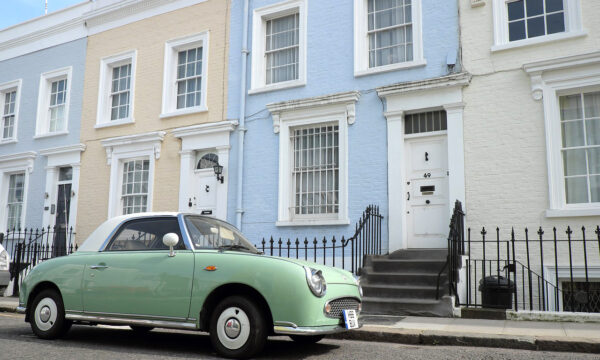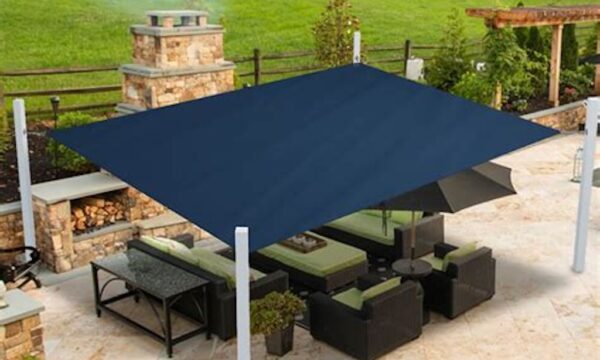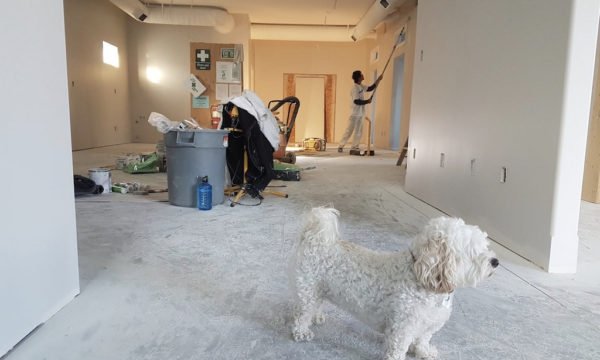How London’s rising house shares are changing home security

In 2000, the 60% of Londoners owned a house; by 2025 the situation is expected to have turned on its head, with just 40% owning their own home. This trend won’t be brought about by millennials (the so-called generation rent) on their own; the number of flat-sharers aged 45-54 has risen by 300% in the last 6 years.
Lack of affordable housing has made rental the norm, not just in London but across the rest of the UK. As traditional family homes are increasingly divided into flats and rooms to let, home security is having to undergo similar change.
Sharing a living space with a constantly changing group of strangers has definite consequences for property security systems, originally intended to protect long-term residential groups, such as families and couples.
Are traditional door locks still safe?
The more copies there are of an entry door key, the greater the risk to property security. In a house of multiple residents (HMO), there are more sets of keys than in a privately owned home. This means that the likelihood of a key being lost, stolen or duplicated without permission is much higher.
In 2012, one of the most established house share sites spareroom.co.uk saw the number of rooms available to rent in 6+ bedroom London properties rise by 79%. In these housing situations, the number of keys for one front door lock is significantly largely than that of a privately rented house, which may have one or two keys.
Due to the unpredictable, short-term nature of renting, tenant keys can change hands on a regular basis. Even with thorough background checks, this makes the property vulnerable. If a key is lost during a tenant transition or at any other time, it is much cheaper to cut a new key rather than replace the lock and other tenant keys. However, this creates a huge safety risks as the unaccounted for key could be used by an unauthorised person to gain entry.
In comparison, other short-term rented accommodation, such as student halls and hotels, have largely replaced the traditional lock and key systems. Access control systems are fast proving to be a more effective alternative for multi-residential properties. Bridger Security supply access control systems to many residential properties. They have observed that these systems give property owners much greater control over who has access to a home, effectively removing the need to depend on unknown, potentially problematic housemates to keep their key safe.
As more houses are divided into individual rooms or flats for strangers to share, using access control systems presents a much more sensible and secure locking option. If an access smart card or keyfob is lost, it can be quickly and easily disabled, rather than having to replace the entire lock.
Interior door and cupboard locks are increasingly common
More people than ever are moving in, however temporarily, with strangers using houseshare sites and Facebook groups. As a result, many tenants seek out bedrooms that have been fitted with interior door lock so that they can better protect their private property.
Where a property is divided into rooms, each with individual tenancy agreements, landlords are obliged to fit bedroom door locks as the room is the exclusive property of the tenant. However, as lettingsupermarket.com point out on The Landlords Union forum, there is no obligation for a landlord to instal bedroom door locks in a joint tenancy or flatshare, so tenants will have to use other security techniques.
Student housing has long used cupboard door locks to protect students from food and kitchen property theft. As this style of housing continues on into adult life, so too does this security measure. If a tenant cannot, for contract reasons, fit a bedroom door lock then a secure cupboard or home security safe provide the necessary layer of protection.
What does the future of home security look like
As large houses are turned into shared flats, and flats are turned into shared bedrooms, the shared living space trend is shaping the future of housing, and the future of home security. Dezeen Magazine have observed that major cities such as London are in the midst of a co-living boom. This has prompted the design and construction of “a cross between student housing and hotels” on a huge scale.
Home security will become increasingly similar to commercial systems because housing becomes more of a service, with landlords and flexible short-term contracts. Access control systems, CCTV and private security cupboards and safes are all likely to play an increasingly central role in home security. As private tenants discover more about the requirements of UK renters, the future of co-living will need to incorporate these systems on an industrial scale.
The editorial unit

























Facebook
Twitter
Instagram
YouTube
RSS